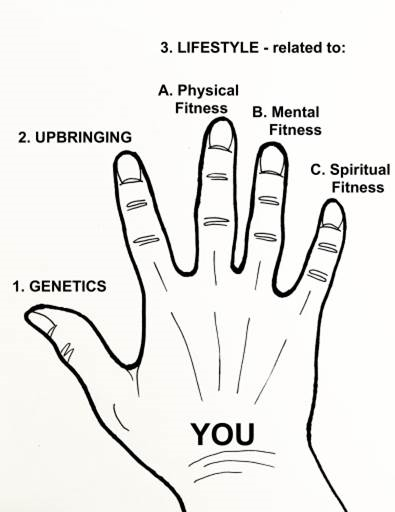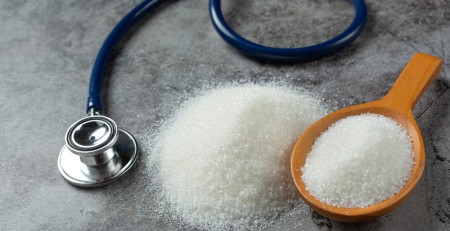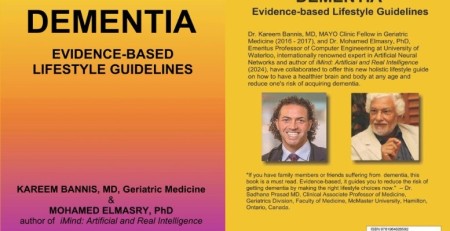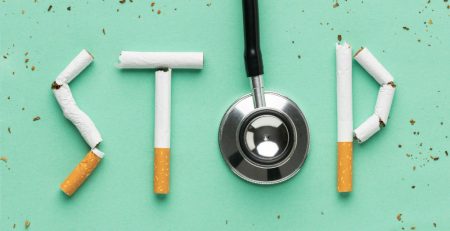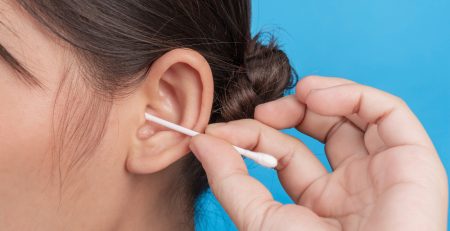“To your health!”: Making decisions about alcohol and prescription drugs
It’s the holidays! All around the world, people are preparing to celebrate a number of important holidays, including New Year’s Eve.
Alcohol is often a standard part of these celebrations, as well as being a part of many people’s everyday lives. US data show 30% of Americans have at least one alcoholic drink per day while 40% of Canadians drink enough to be considered “higher risk” drinkers. We also know
significant numbers of Americans and Canadians take prescription medications—55% and 41% respectively. But mixing alcohol with prescription medications can be quite dangerous—definitely not the kind of excitement you’re looking to have this holiday season!
What’s the problem with mixing alcohol and prescription meds?
Alcohol and medications can interact in different ways; depending on the medication, this can cause a range of responses in your body. Alcohol can make your medicine work less effectively or even make it toxic. Alcohol may make possible side effects worse and can even create new symptoms. In either case, you may feel quite sick or uncomfortable. Mixing alcohol with your meds may also intensify your response to alcohol, making you drunker more quickly.
If you are female or older, the effect of mixing alcohol with drugs may be greater than if you are male or younger. Women have a lower level of an enzyme that helps break down alcohol so they are more likely to experience more harmful effects even if they drink the same amount as men. As well, as we age, it takes our bodies longer to break down alcohol, so we keep it in our system longer. Seniors are more likely to take multiple medications, so the risk of a bad interaction is much higher. If you plan to drink, let your doctor know.
Often people underplay the amount they drink, whether because they’re uncomfortable with their own habits or because they’re afraid doctors will judge them for those habits. And while it’s true that generally, health care practitioners of all kinds would advise everyone to drink less, they’re also the people best placed to help with all aspects of health care—and they can only really advise you properly if they know what’s going on. This necessarily includes your alcohol intake. That’s why it is so important for you to ask your doctor or pharmacist about how alcohol might interact with your medications, either prescription or over-the-counter.
The most common issues we see when people mix alcohol and drugs include drowsiness, dizziness, increased or intensified side effects, and new symptoms or the worsening of existing symptoms. The hidden risks include damage to your heart and liver, overdosing, and death.
While some research suggests that having one drink or less per day (moderate intake) may provide some heart health benefits, you would be wise to avoid drinking any alcohol if you’re taking any of the following drugs, including many common over-the-counter medications
- Painkillers: Reactions with painkillers such as Motrin and Aleve include upset stomach, bleeding, and ulcers. Tylenol (acetaminophen) can also cause problems, which can lead to long-term liver damage. You must not drink any alcohol with opioid painkillers, such as codeine or oxycodone, as the combination will make you extremely sleepy; it can slow your breathing to dangerous levels, and could even kill you.
- Anti-anxiety medications and sleeping pills: Reactions can include excessive drowsiness and may lead to a loss of consciousness.
- Antidepressants and mood stabilizers: Reactions can vary depending on the specific medication you’re taking. Many of these drugs include the risk of drowsiness and dizziness when mixed with alcohol. Your physical balance could be affected and your mood-related symptoms may worsen. You could overdose as well as suffer from liver or heart damage.
- ADHD medications: Reactions include feeling drowsy, sleepy, or dizzy. You may also experience higher levels of poor concentration. There is also a risk for heart problems and liver damage.
- Antibiotics: Many antibiotics can cause uncomfortable or unpleasant reactions if you mix them with alcohol. Any alcohol taken with Flagyl (metronidazole) will cause intense nausea and vomiting.
- Nitrates and other blood pressure medications: Reactions include dizziness, fainting, drowsiness, and a faster heartbeat or arrhythmia.
- Diabetes medications: Reactions include a significant lowering of your blood sugar levels along with flushing, nausea, vomiting, headache, rapid heartbeat, and sudden changes in blood pressure. These reactions can happen with either injectable or pill forms.
- Blood thinners. Reactions are unpredictable: In general, it’s wise to watch your blood levels closely to make sure your blood is not too thin. When it comes to alcohol, being inebriated comes with the added risk of injury; if you’re injured while taking blood thinners, and your blood is too thin, you could bruise intensely or bleed heavily internally.
- OTC medications: Just because a drug is available over-the-counter doesn’t mean it comes with no risks. Many OTC remedies are a potent mix of different medications including painkillers, antihistamines, decongestants, and sometimes alcohol. Reactions include drowsiness and dizziness as well as an increased risk of overdosing.
- Erectile dysfunction medication: Reactions include lowering your blood pressure and causing dizziness, flushing, or a headache.
Your best option:
Don’t drink. Because people are unique, their reactions to mixing drugs and alcohol can be variable, often unpredictable, and always risky. If your doctor or pharmacist confirms that your medication shouldn’t be mixed with alcohol, it’s best to avoid drinking completely until you’ve finished your prescription. If your medication is for a chronic disease like diabetes, check with your pharmacist about an overall strategy with regard to drinking. They are most up-to-date on possible drug reactions and can advise you on your best course of action.
While drinking is a big part of many celebrations and social situations, it doesn’t have to be. In fact, the latest trend is non-alcoholic cocktails, which make it possible for non-drinkers to sip something tasty at a party regardless of their reasons—whether it’s about health, religion, recovery, or designated driving, or simple taste preference. Don’t be shy to ask for, or offer, non-alcoholic drink options when you next attend a party. And remember, while it’s perfectly okay to say “I’m on medication so I can’t drink tonight,” you don’t have to justify or explain your choice not to drink. If you think you may not be able to comply with your pharmacist’s advice to avoid alcohol while taking your medication, you may find help by asking your doctor or a support group to guide you in recovering from alcohol dependence. Taking care of your health in all its dimensions is nothing to be ashamed of.
Book an appointment for Free Video or Phone Consultation with our Pharmacist

